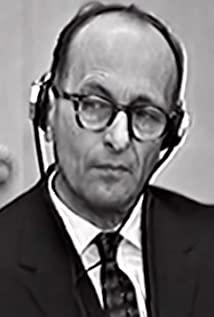Just the courage Hannah Arendt showed in the face of the misunderstanding of her friends and the ruthless and cruel accusations and rejections of the public was enough to make people cry.
Most people quickly use mainstream values to make superficial and emotional judgments after recognizing the appearance of events, without considering the deep-seated reasons or analysis.
Hannah said several times in it that "none of them even fully read or finished my article", the emotion made them react with anger, they did not accept any thought beyond direct sympathy for the millions of victims, they put Neutral thinking, a racial stance, a borderless expression as cruel indifference and arrogance, even as a defense and sympathy for the alleged perpetrator.
If we really understand the philosophical thinking contained in the "banality of evil", we can use the power of speculation to re-examine this horrific massacre phenomenon. Can we abandon identity and disregard emotion and turn the court of justice into a philosophy classroom? Is the purpose of a trial to convict? What is the justice of the trial? If the accused has no real knowledge of his actions, then hanging is only a kind of tolerance and forgiveness for him. What the Nazis taught themselves to the Jews was that it was useless to be exploited, that labor was an obligation, and that obedience was absolute... They made the Jews feel their own superfluousness, and in paralysis, they lost their courage and the power to think and act. In response to such a large-scale massacre, based on the facts, is there any system and totalitarian cooperation at work here? I also need to read "The Origin of Totalitarianism" and "Eichmann in Jerusalem" to make a more systematic thinking and judgment.
What about them? Every individual Nazi on a mission didn't feel like they were exercising any evil. Having the ability to think gives humans what distinguishes them from animals, and they lose this ability. What Hannah Arendt wants to criticize is "evil against humanity", which is a leap over "anti-racial and anti-Semitic", and as a persecuted herself, in addition to the huge mental pressure of being scolded by the public, she also The need to transcend her own grief-stricken identity experience.
pay tribute.
Pray to society, slow down, think more, and blame less "for granted".
View more about Hannah Arendt reviews











